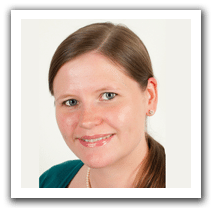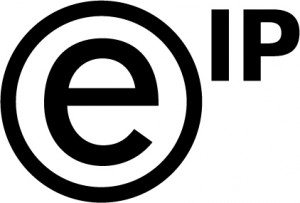Since starting at Carpmaels & Ransford LLP, I have often been asked about my career path; the transition from a PhD in physics to a law-based profession may not seem to be an obvious one. However, far from requiring me to discard my hard-earned physics knowledge, entering the patent profession has allowed me to use the skills and understanding acquired during my studies in an intellectually challenging, varied and rewarding job.
Trainees are recruited into the profession from a wide variety of scientific backgrounds, reflecting the wide variety of technical areas from which patentable inventions arise. At Carpmaels, we have practice groups specialising in three technical areas: Biotechnology, Chemistry, and Engineering & IT. With my background in physics, I am part of the Engineering & IT group. This group sees a huge variety of work, from everyday objects, such as hangers and window hinges, to medical devices, telescopes, aeronautical components and electronics.
I have found that there are many similarities between academic life and working in the patent profession. Understanding and absorbing large volumes of information from technical documents, while identifying and extracting the relevant and useful details, are key in both fields; arranging ideas clearly and concisely to form a coherent and convincing argument is similar to writing an academic thesis; and assuming personal responsibility for handling deadlines is comparable to managing workloads during an undergraduate degree or PhD.
However, instead of focusing on an ever-narrower specific aspect of science, this profession provides the opportunity to work in a broad range of fields, and on a wide variety of subject matter, even over the course of a single day.
Although the learning curve is steep, at Carpmaels the transition from scientist or engineer to patent attorney is eased by a comprehensive training programme and supportive supervision. Comprehensive in-house tutorial sessions provide an opportunity for structured learning and cover all stages of training, from the practical basics for new starters to final preparation for the professional exams.
After a year of working in the firm, trainees attend the full-time Certificate in IP Law course at Queen Mary, which provides a practical treatment of the academic side of intellectual property law. On a day-to-day level, the collaborative atmosphere at Carpmaels means that there is always someone able and willing to help with questions big and small.







